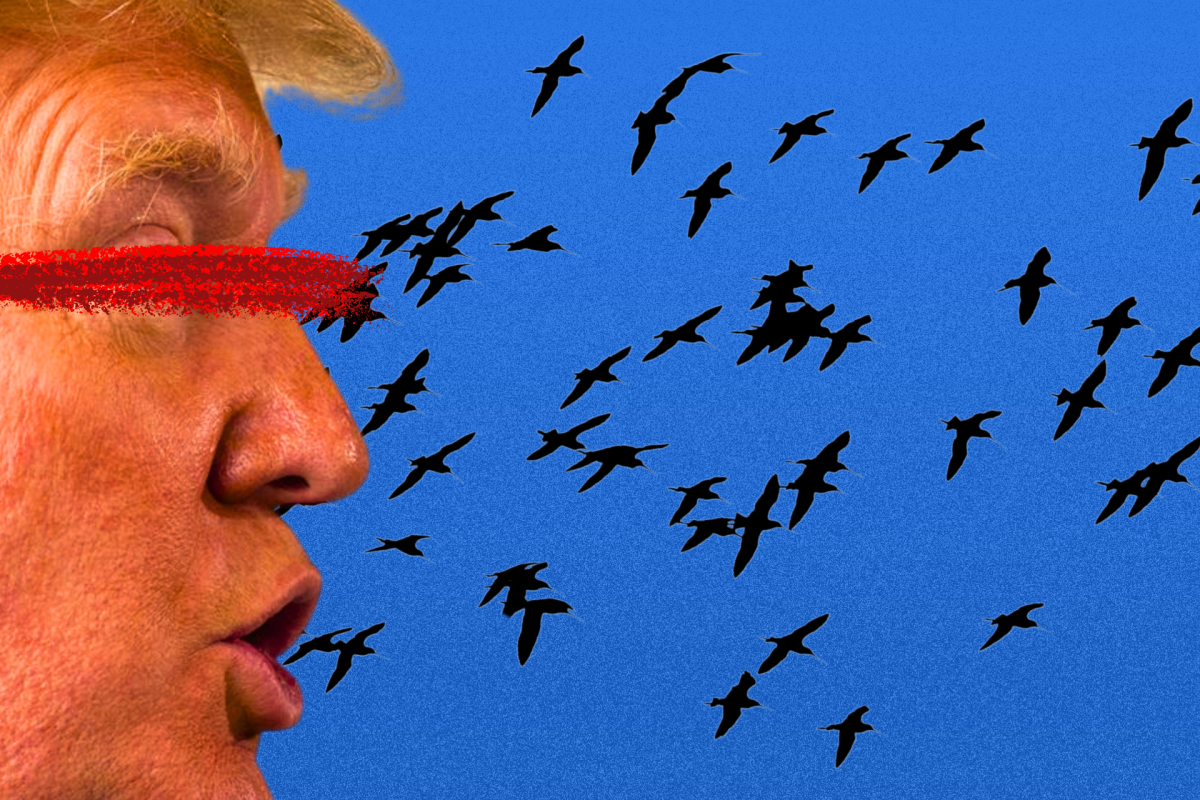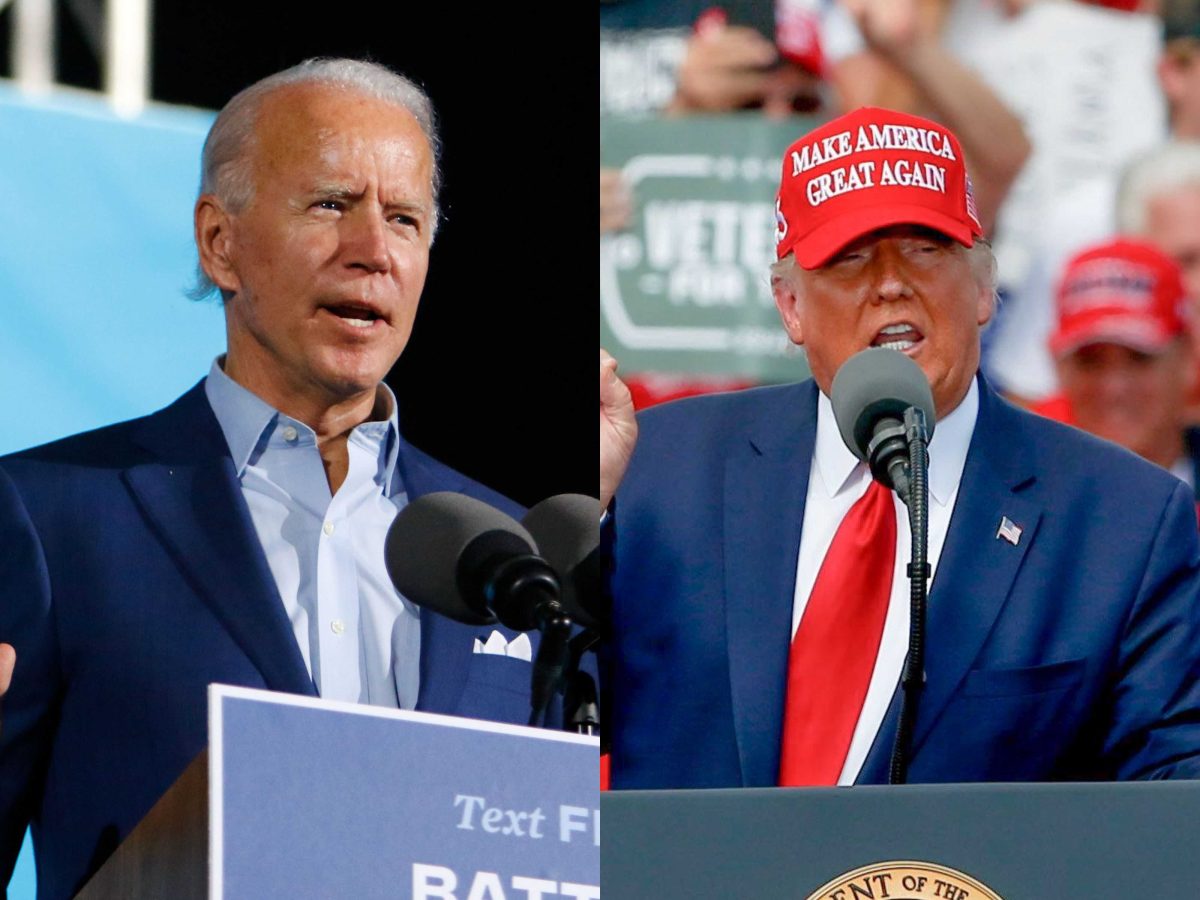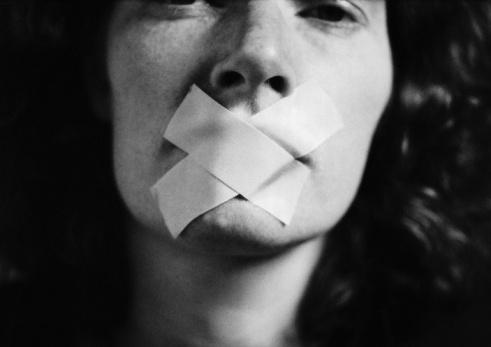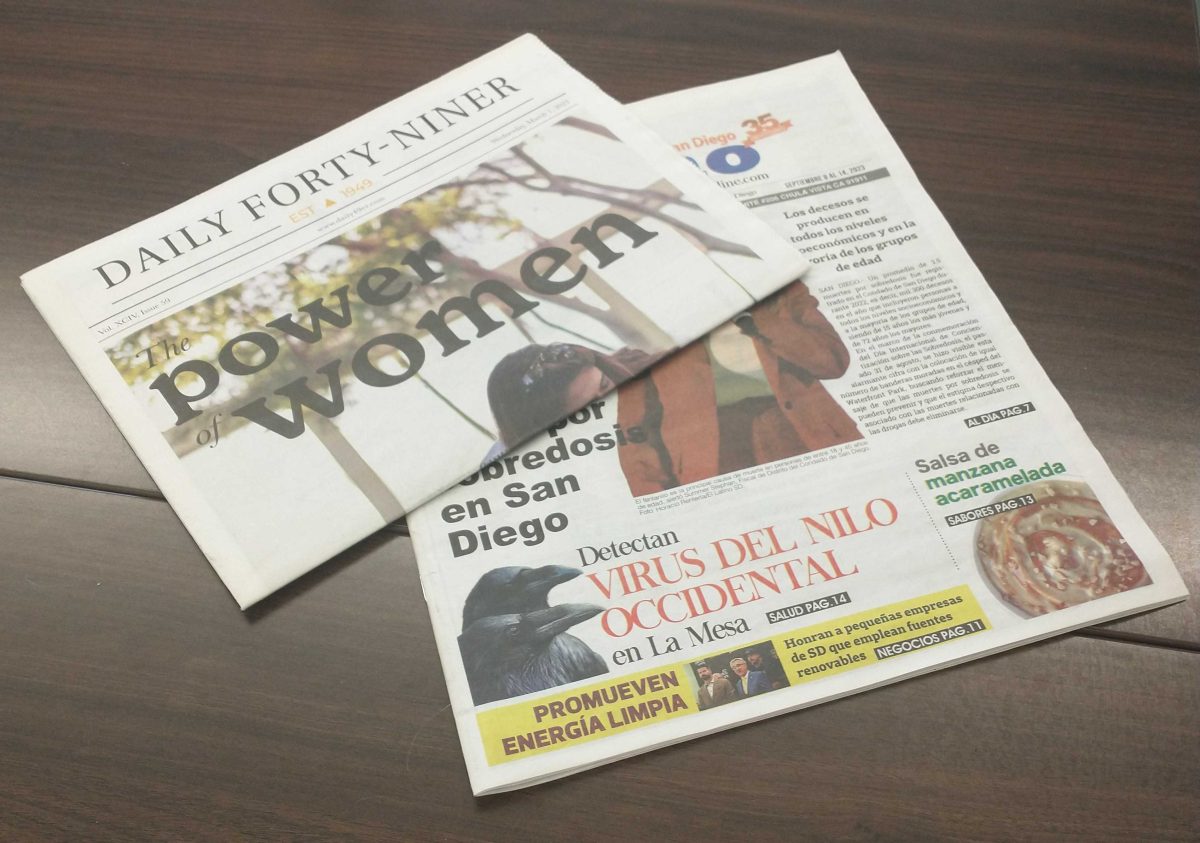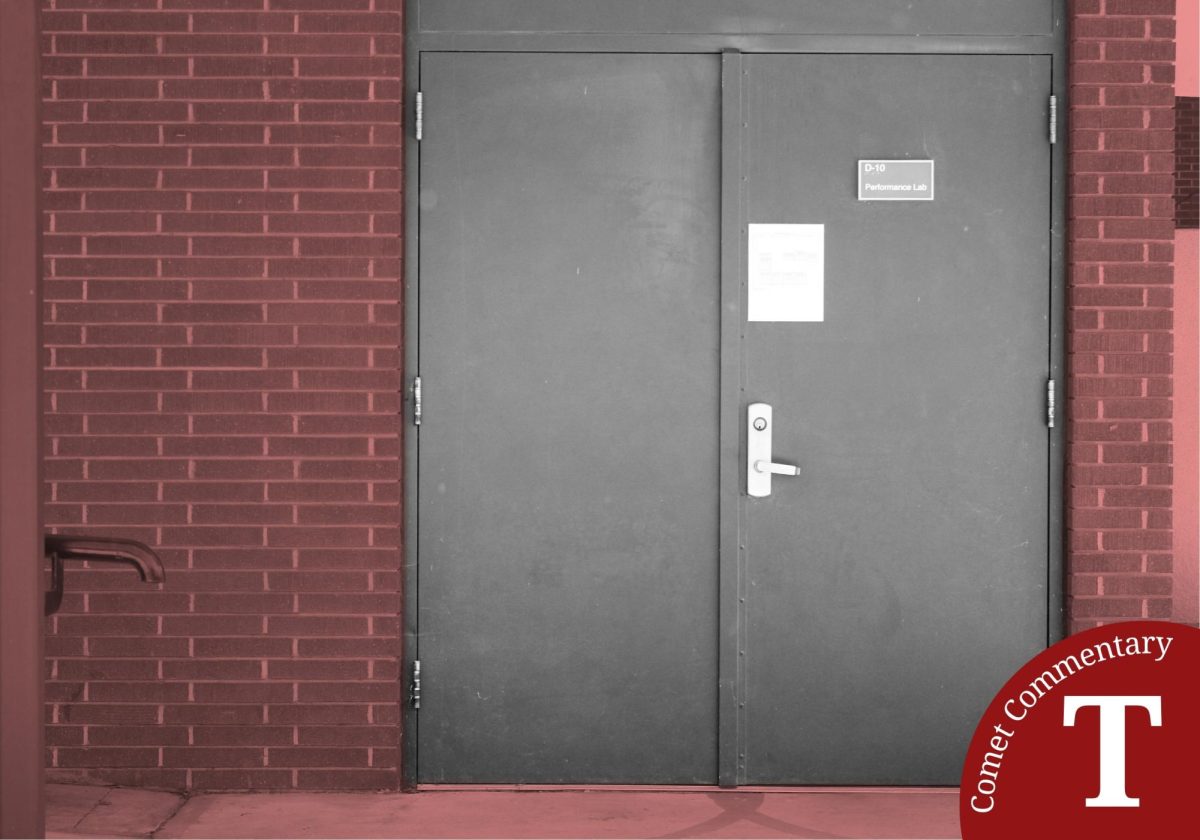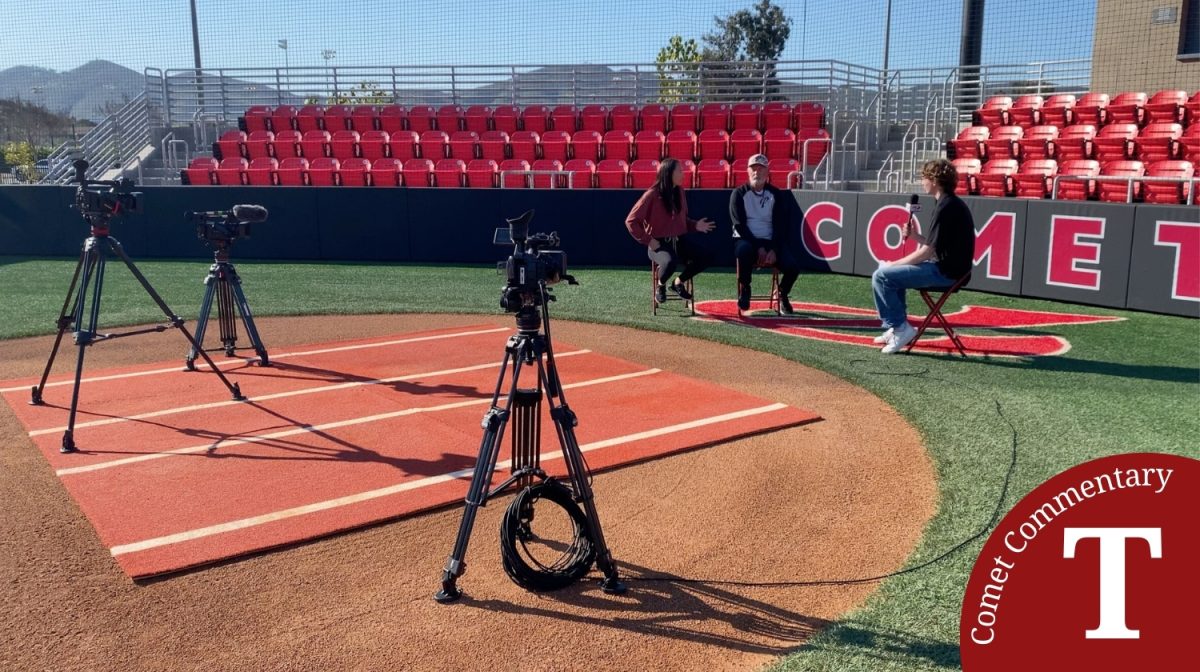Wearing a mask is not a political opinion, but a necessary adaptation to protect the well-being of those around us.
Many things have changed in our everyday lives since the pandemic began. One of them is that we have been asked to wear masks to slow the spread of COVID-19 in our communities.
The Center for Disease Control recommends everyone over the age of two to wear a mask as it is proven to help contain airborne germs.
“COVID-19 can be spread by people who do not have symptoms and do not know that they are infected. That’s why it’s important for everyone to wear masks in public settings and practice social distancing.” said the CDC. As a result, wearing a mask is our best way to slow the spread.
Mask approval has reportedly increased since the beginning of the pandemic, but this fact must not allow us to become complacent now.
“CDC surveyed 503 adults during April 7–9 and found 62% said they wear a mask in public. A survey during May 11-13 showed that 76% of adults wear a mask,” said the CDC.
In other cultures, such as Japanese, it has been customary to wear a mask when feeling ill for generations. Japan has been reaping the benefits of their respectful culture during this pandemic as they have managed to control the spread well.
Wearing a mask is not seen as limiting freedom or liberty but simply as common courtesy.
Even though Tokyo has heavily crowded subways, the culture of quiet and calm has also helped the city to be successful in fighting COVID-19.
I returned to work on the first week of June and dove headfirst into a new lifestyle of mask-wearing and constant cleaning. My distaste for the anti-mask crowd began almost immediately and has had an exponential climb ever since.
The comments remain the same, and a similar smirk hides underneath my mask every time I hear them say, “It’s too hot in here,” “I can’t breathe with this on,” “You can’t tell me what to do.” I hear these statements all too often and what I’d like to say is, “No one asked you be here,” however, I have to restrain myself.
The cascading long-winded breaths and the frantic fanning of their faces are a dramatic performance put on by those who value their own comfort over others lives.
The reasons to wear a mask vastly outweigh the arguments made against them. However, some citizens argue that it is against their rights to be forced to wear a mask and take to lecturing others on their opinions. As someone who has been on the receiving end of one of these lectures, I know their freedoms are fine.
To put this issue into perspective, you may not need hospitalization if you contract COVID-19. However, if you pass the virus to someone, they may not die, but they may spread it to elderly house members. They may be unable to work and need that money. They may have children, or many other scenarios that could have very negative results if someone were to contract the virus.
It is important to keep in mind that you don’t know someone else’s circumstances and that we must think outside of our own little world. To put others’ safety before our own, we can do one of the smallest things:
Wear a mask and save lives.

